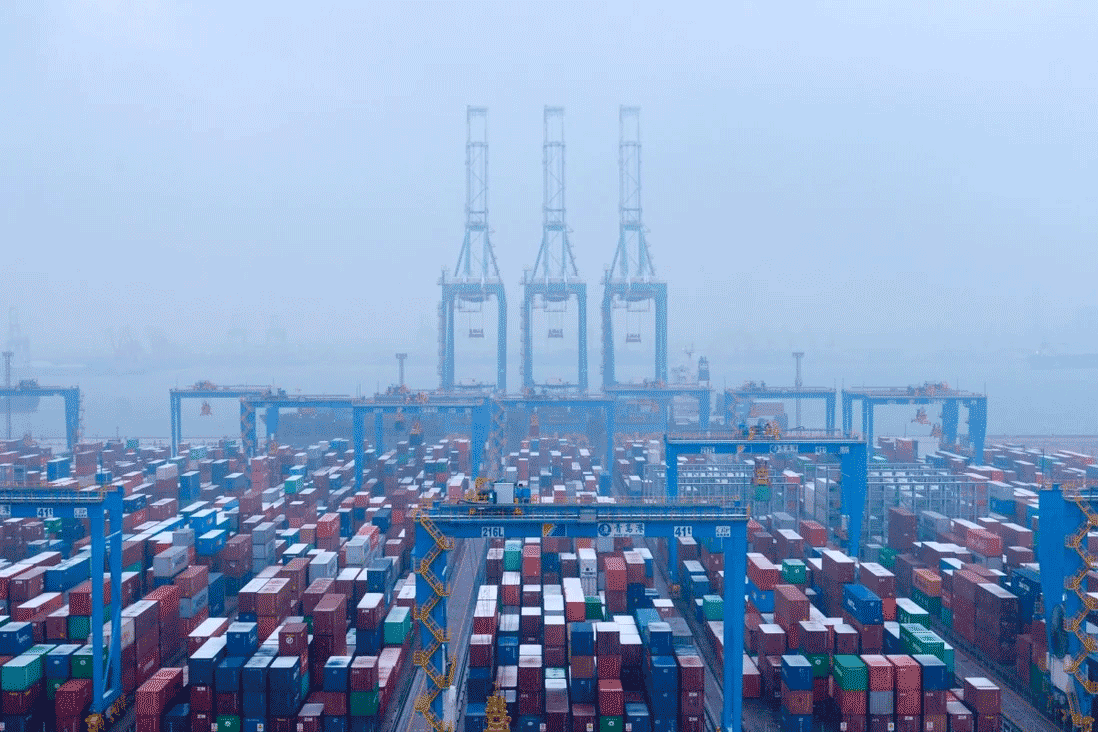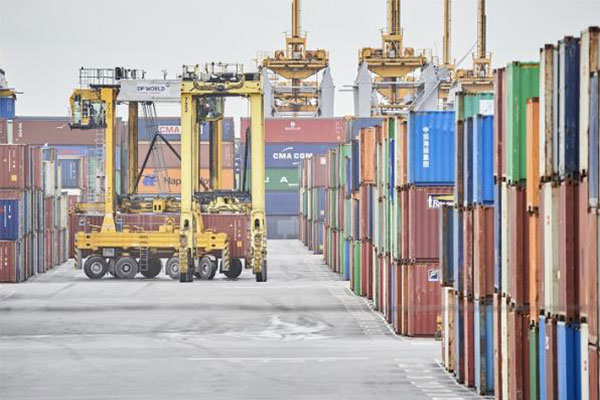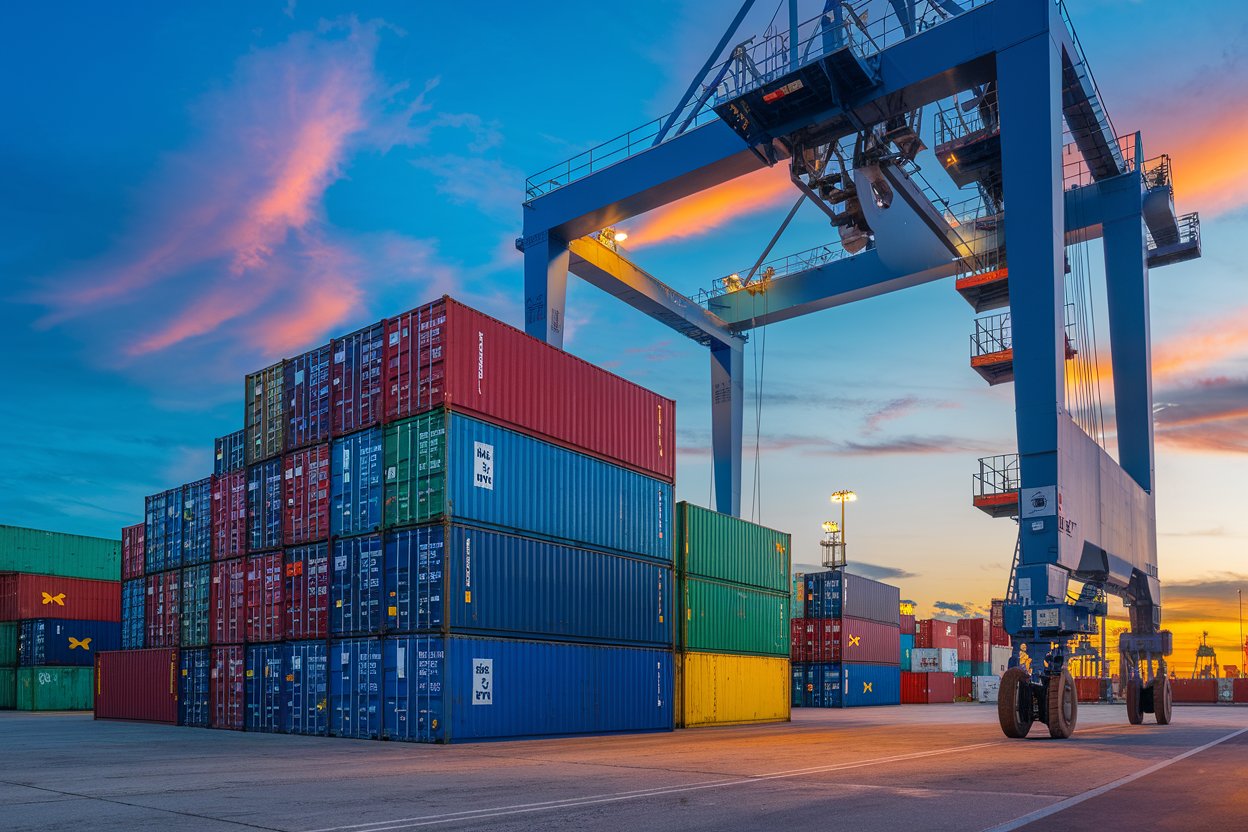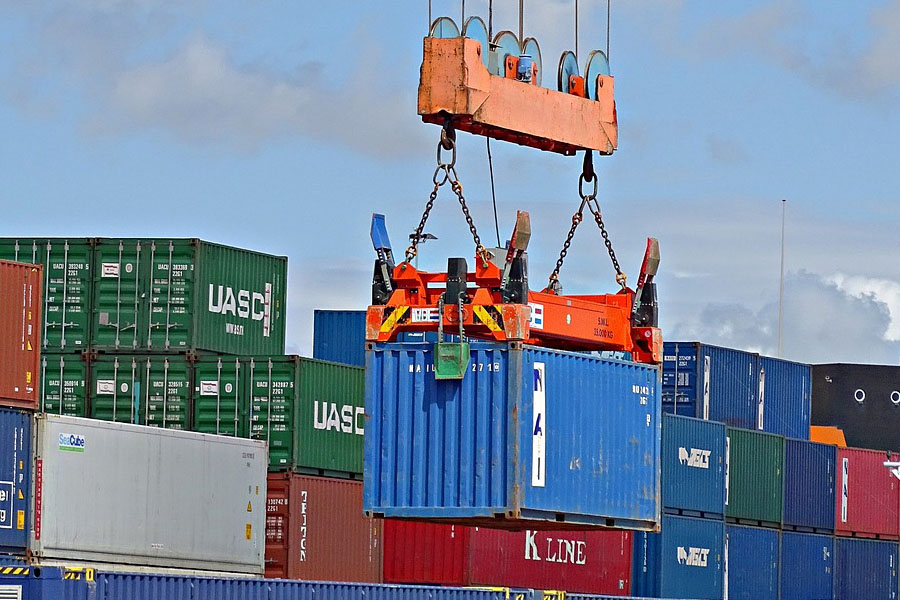- Shanghai Zhongshen International Trade Co., Ltd. - Two decades of trade agency expertise.
- Service Hotline: 139 1787 2118
On September 5, 2024, the Bureau of Industry and Security (BIS) of the US Department of Commerce issued a new interim final rule (IFR) titled Implementation of Controls on Advanced Technologies Consistent with Controls Implemented by International Partners. This rule mainly focuses on export control measures related to quantum computing, semiconductor manufacturing, and other advanced technologies.
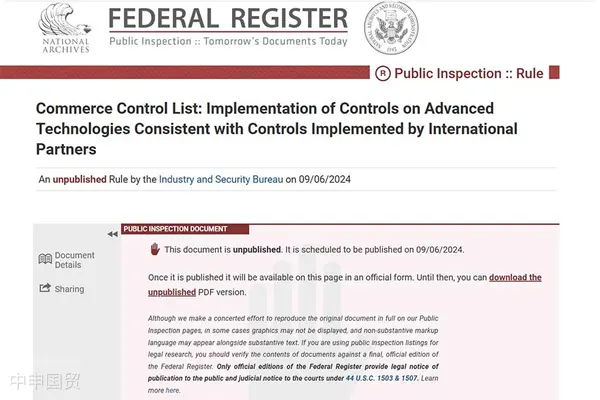
I. Specific Items Subject to Global Export Controls
- Quantum computing items: Equipment, components, materials, software and technologies involved in the development and maintenance of quantum computers.
- Advanced semiconductor manufacturing equipment: Includes tools and machines for producing advanced semiconductor devices.
- Gate-All-Around Field-Effect Transistor (GAAFET) technology: Used in the production or development of high-performance computing chips for supercomputers.
- Additive manufacturing items: Equipment, components and related technologies and software used for producing metal or metal alloy components.
II. Add 18 controlled items to the Commerce Control List (CCL)
The newly added identification marks for these items are 90 - 97 in the 900 series. The purpose is to coordinate export controls with international partners, such as 3A901. The 18 newly added items are as follows:
- 2B910, 2D910, 2E903, 2E910, 3A901, 3A904, 3B903, 3B904, 3C907, 3C908, 3C909, 3D901, 3D907, 3E901, 3E905, 4A906, 4D906, 4E906.
For example, the newly added item 2B910 is additive manufacturing equipment designed to produce metal or metal alloy components.
III. Revise the ECCN numbers of 9 controlled items accordingly
The revised Export Control Classification Numbers (ECCN) include:
- 2E003, 3A001, 3B001, 3C001, 3D001, 3D002, 3E001, 4D001, 4E001.
IV. Add the license exception IEC
Establish a new license exception § 740.24 Implemented Export Control (IEC)
IEC authorizes the export and re - export to specific destinations where the governments have implemented the same control measures as the United States. This exception helps to promote innovation cooperation with these countries while eliminating the need to submit license applications.
Some countries have implemented export controls on items related to quantum computing and advanced semiconductor manufacturing, which has improved the effectiveness of control. Therefore, this IFR has added the IEC license exception to avoid interrupting ongoing R & D activities when exporting related items among these countries. In addition, this rule has excluded provisions for the sharing or release of controlled technology or source code (deemed exports) to foreigners within the United States and re - exports.
Other key points:
- BIS has also added some general licenses for deemed exports / re - exports of certain technologies / software, but they are subject to annual reporting requirements to ensure the supervision of the US government.
- For items destined for certain destinations, there is a 60 - day delayed compliance date to submit license applications and revise internal compliance procedures.
Through these adjustments, BIS aims to maintain national security while ensuring the United States continuous innovation ability in key and emerging technology fields.
Original PDF announcement document:2024-19633.pdf (federalregister.gov)
Related Recommendations
? 2025. All Rights Reserved. Shanghai ICP No. 2023007705-2  PSB Record: Shanghai No.31011502009912
PSB Record: Shanghai No.31011502009912

